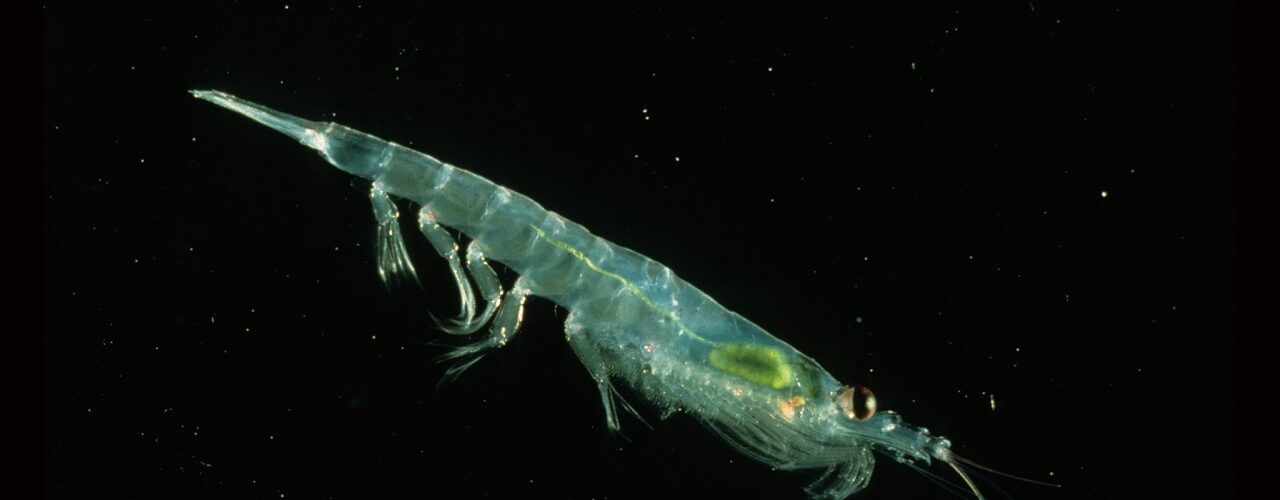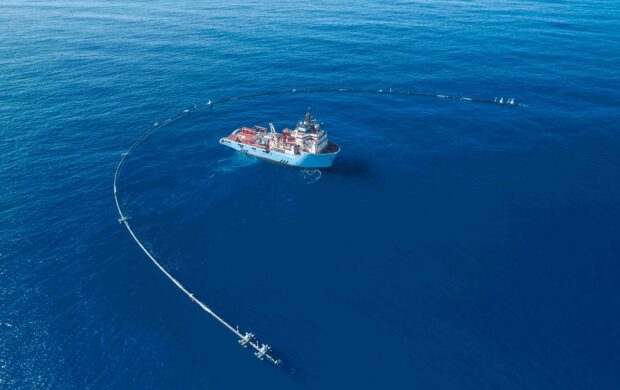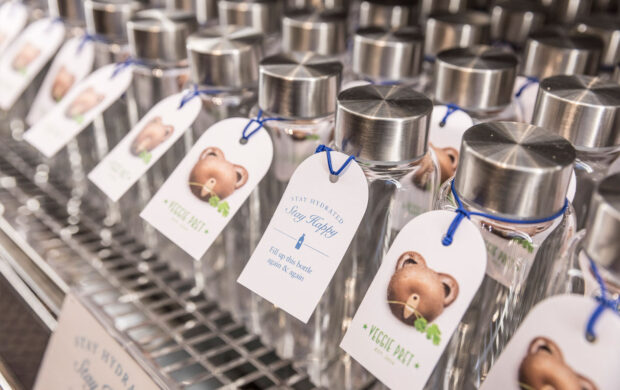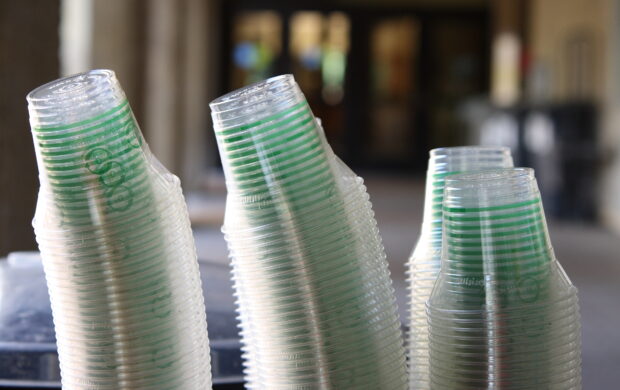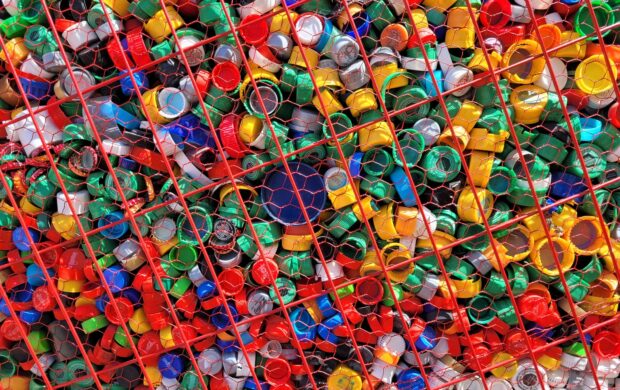A world-first study by Australian researchers has found that krill can digest certain forms of microplastic into smaller fragments. The study observed that Antarctic krill, Euphausia superba, were able to break down 31.5 micron polyethylene balls into fragments less than one micron in diameter. Within five days in a plastic-free environment, all plastics had left the krills’ systems, meaning that the microplastics won’t accumulate in animals further up in the food chain.
